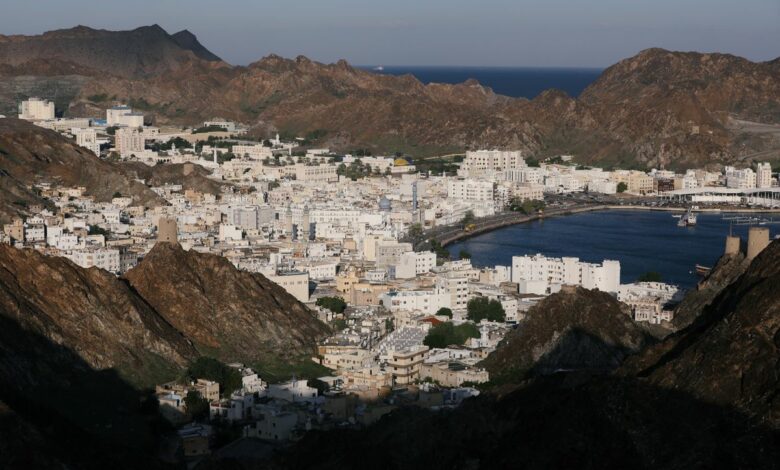
DUBAI, United Arab Emirates (AP) — Coronavirus infections are surging in the Gulf Arab state of Oman, where health officials warned Monday that hospitals now face an acute shortage of beds amid a lagging vaccine rollout, the spread of highly transmissible variants and relaxed movement restrictions.
The influx of severe infections has forced overwhelmed hospitals nationwide to turn away patients, local media reported. The main COVID-19 field hospital in Muscat, the capital, surpassed 90 percent occupancy and its intensive care beds are now completely full, said the state-run Omani News Agency. Many smaller hospitals across the country also said they were operating beyond capacity.
Dr. Nabil bin Muhammed al-Lawait, the Muscat field hospital director, told state-run media that officials were scrambling to increase hospital capacity and staff to handle the spike in critically ill patients.
“People are waiting to receive beds,” he said from the converted hospital, where expat doctors rushed between patients on respirators and hooked up to a tangle of breathing tubes. “There is great pressure on hospital beds … and a shortage of medical staff.” Already, Oman has barred public health care workers from quitting amid the surge in cases.
Severe and critical cases of COVID-19 are hitting record highs, al-Lawait added, and the majority of new patients are struggling to breathe, just days after becoming infected. Severe cases, typically when a patient’s oxygen level plummets, have risen to nearly 400 daily, from less than 50 in February. The majority of patients now flooding hospitals are unvaccinated people under the age of 60, authorities said.
Oman’s cases have more than tripled in the past month, with authorities recording 1,800 infections and 19 deaths from the virus on Monday, bringing the total infection toll to 236,440. Doctors told Omani state TV earlier this week that officials had detected in Oman the fast-spreading virus variants first seen in India, Britain and South Africa.
With health authorities now administering the Pfizer-Biotech vaccine in Oman, the government loosened a range of virus restrictions earlier this month, reopening land borders, mosques for under a hundred worshippers at a time, and restaurants and cafes at half capacity. Enrollment for shots, however, is sputtering on as authorities wrestle with vaccine skepticism, particularly in remote provinces. Just 8.5% of Oman’s roughly 5 million people have received at least one dose of the vaccine, according to online scientific publication Our World in Data.
Iran, the hardest-hit country in the Mideast also grappling with a slow vaccine rollout, issued emergency use authorization of its first domestically produced coronavirus vaccine, state TV reported Monday. Authorities offered no additional information about the efficacy or safety of the new vaccine, dubbed Coviran. Local vaccine production efforts have gained urgency in Iran as officials struggle to import vast quantities of vaccines from abroad.
___
IMAGE: General view of old Muscat, Oman, January 12, 2020.




